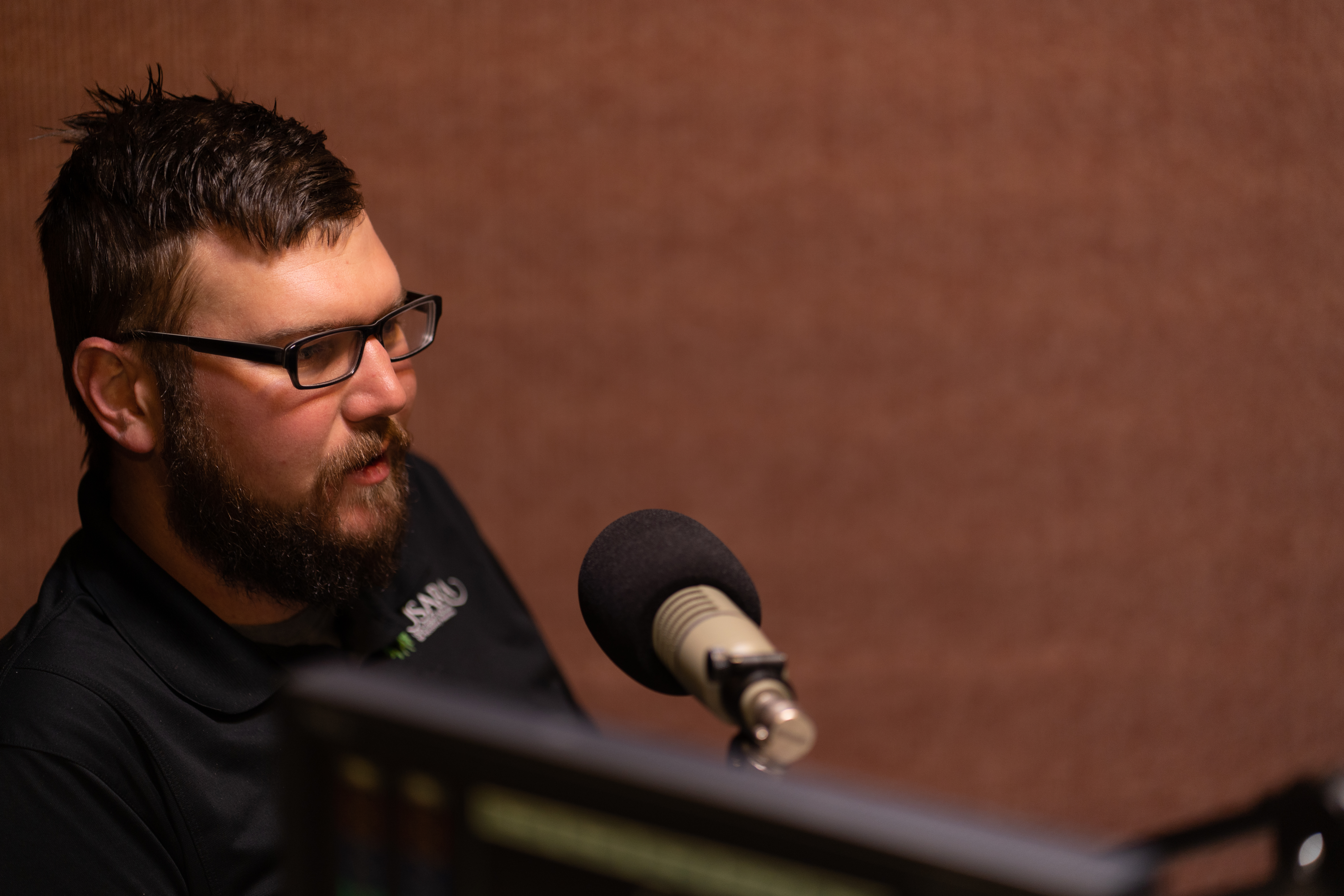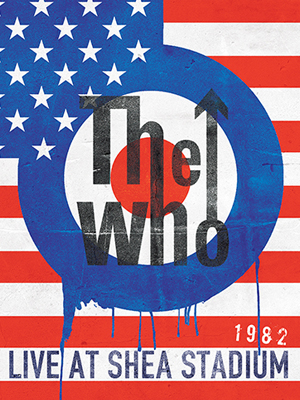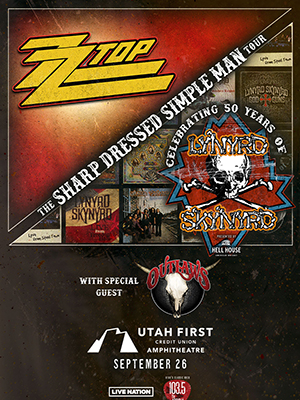Utah non-profit changing the way we look at addiction recovery
By jtilton on June 16, 2020

Many who struggle with a substance use disorder find it hard to reach out to someone who can understand their struggle. One Utah non-profit organization is hoping to break that stigma and change the way we look at addiction recovery through unity.
Evan Fields, a Peer Recovery Coach for Utah Support Advocates for Recovery Awareness (USARA), joined the Project Recovery podcast to talk about his work as a recovery coach after overcoming his own battle with addiction.
Evan’s experience with addiction recovery
Evan’s introduction to USARA came after he was finally able to beat his own opioid addiction.
“I became a full-time single dad to an 18-month old boy and I was newer to recovery,” he said. “I wanted to be around other people that had the same goals, the same vision, that understood [addiction].
USARA would frequently hold a “family fun night” where recovering addicts could get together with free pizza and a movie. As a father getting his feet back under him, these family nights became a pillar of hope and led to continuous sobriety for Evan. He was allowed to be himself with others around him that could understand and empathize with his pain.
After attending the family-focused nights, Evan began to get more interested in USARA. His passion for the non-profit began to grow and he knew that he had to find a way to involve himself with the program.
“As that progressed, I got more and more involved and we just went from there,” Evan said.
He was eventually hired as a Peer Recovery Coach. Now he focuses on being there for others to find their own road to recovery.
How USARA is fighting for addiction recovery
Along with Evan, a full team of Peer Recovery Coaches work with addicts who are curious about, interested in, or are ready to commit to treatment. What’s different about USARA though, is the people who are there to help according to Evan.
“We are all people in recovery who get to support other people who are struggling with substance use disorder and the family members,” Evan described. “[We] get to meet on the same level as other people that are looking for support.”
And for Evan, being able to communicate with a struggling addict as a recovered addict, is what is so impactful for the team at USARA. The importance of being able to truly empathize with someone who has a substance use disorder can truly make or break one’s recovery. Evan knows that first-hand.
“What really spoke to me was somebody who said, ‘Look, I’ve been there man,'” Evan recalled. That power of empathy and unity is what has also helped Evan stay sober for almost six years.
Different programs available
USARA offers many programs to help make a case for recovery. Along with Peer Recovery support programs, the non-profit also offers Addiction Recovery Coaching and Family Support groups. These groups can help family members and friends who are concerned about someone close to them.
Another option that is available is their Telephone Recovery Support program. The program allows recoverees to call in and speak with a recovering addict. According to USARA, the program “helps reduce relapse and enhances the recovery experience for recoverees as well as the volunteer making the calls”.
One benefit to such a program according to Evan is being open and transparent with addiction recovery. That way the recoveree can be open and feel free of judgment.
“We don’t judge anybody. We’re here because we’ve been on all levels [of addiction]. Let us meet you where you’re at,” Evan explained. “Let’s come up with a plan together.”
Resources for family members who just want to help
Along with their Telephone Recovery Support, USARA specializes in resources for family members on how to support recoverees. The program offers ways to educate yourself on addiction recovery, increase empowerment, and learn self-care strategies to help prepare your family for the road to recovery.
If someone just doesn’t really know where to start, they can call and get connected with a coach. The coach then helps point them in whatever direction they need at the time.
Calling in to get help might be the best thing for a family struggling with a disorder. As well as being beneficial to USARA’s coaches. For Evan and the team of coaches, they’re just glad to be able to help any way they can.
“I was convinced that I was going to die an IV, opioid addict. Now I get to be a dad. I get to be a family person and get to have the best job ever,” Evan described. “I get to support everybody.”
Listen to the podcast to learn more about substance abuse awareness and USARA
For more information on addiction or if you or someone you know is struggling, you can find more information on Facebook, KSL TV, Use Only as Directed, or USARA. To hear more from Casey Scott and Dr. Matt Woolley, you can listen below or subscribe to the ‘Project Recovery’ podcast on Apple Podcasts or wherever you get major podcasts.








